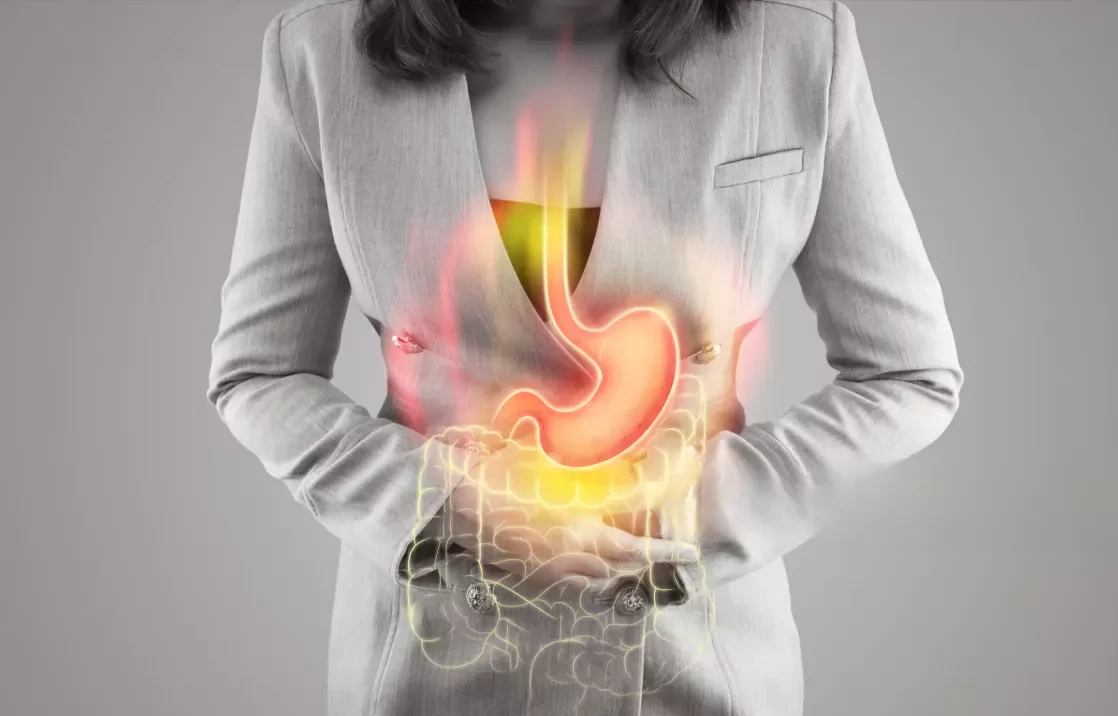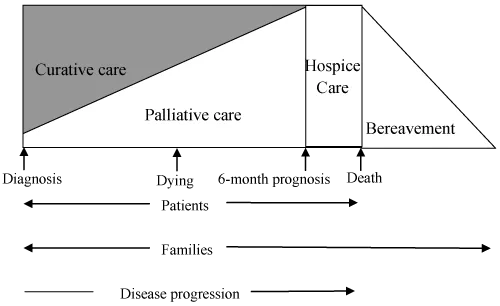When an individual's kidney fails to function properly, it stops cleansing the toxins in the blood and doesn't help convert waste into urine or help remove 1 or 1.5 litres of urine per day. This may cause adverse reactions in the body, forcing the person to have to replace their kidney and undergo kidney transplantation.
What is a Kidney Transplant?
A kidney transplant is a surgery in which the affected kidney is replaced with a healthy kidney from a matching donor. The kidney may be transplanted from a deceased organ donor or a live one.
Live donors are predominantly known family members or friends who are fit and eligible to donate one of their kidneys. This is called a living-donor transplant.
Both the one who has donated a kidney and the patient who has received the transplant can lead a normal and healthy life with a single kidney. However, it is essential to monitor their diet and exercise regimen closely for the first year.
In this procedure, the affected kidney is removed from the lower abdomen of the body, and the donor organ is transplanted in its place.
What is an Early Transplant?
Early transplant is the process of transplanting a kidney before starting the procedure of dialysis. Sometimes, after kidney failure, some patients prefer to undergo a kidney transplant and dialysis simultaneously. This procedure allows them to keep working, lead a better and healthy life and save the cost and time spent on the treatment.
What are the conditions and evaluation processes for Kidney Transplant procedures?
Patients waiting to undergo kidney transplants can be from different age groups – adults and children. The patients must have a good health profile and shouldn't have comorbidities that may affect the transplantation process. This may cause adverse reactions and side effects, resulting in the person's body rejecting the donor's kidney.
Before an individual is considered for kidney transplantation, they must undergo several tests and examinations to determine their health and fitness levels. Such medical assessments will help identify issues, if any, and rectify them before the surgery.
Leading nephrologists suggest that a kidney transplant is well-suited for patients who are suffering from acute kidney failure. They believe that it is more effective than dialysis for such individuals. If you are thinking about getting a transplant, it is better to book an appointment at one of the best kidney transplant hospital in Bangalore as it is a renowned place for advanced kidney treatment
There is a designated transplant team that conducts the kidney evaluation process. This team of experts comprises nephrologists, nurses, and the medical management team. A psychiatrist or psychologist may be present upon request.
The tests and examinations for Kidney Transplants include:
Blood tests: Blood tests are conducted to discover the perfect donor match, to check the priority on the list of donors, and to reduce the chances of donor organ rejection.
Diagnostic tests: Diagnostic tests are carried out to check the condition of the kidneys and the patient's health condition. They include an ultrasound, kidney biopsy, X-ray, and dental tests. Women have to undergo a pap test and a mammogram as well.
Mental health check-up: Psychological issues involved in organ transplantation, such as mental stress, financial problems, and support from family, are evaluated. These issues greatly affect the result of a transplant. The same type of check-up is performed for the donor as well.
How is the Kidney Transplant operation performed?
As you are aware, the patient has to be hospitalised before the transplantation. The person and their living donor or donor organ are taken to the operation theatre. The surgery will be performed after the patient is unconscious from general anaesthesia. Throughout the surgery, the person's heart rate, blood pressure and oxygen level in the blood will be monitored. The donor organ is set in the lower abdomen and is connected to important blood vessels and the bladder.
This procedure has a general timeframe of 4 hours. Within a few hours of the surgery, the living donor-transplanted kidney starts working. Organs from a deceased donor may take up to 4 weeks to function properly. Dialysis is recommended until the transplanted kidney starts performing correctly.
Doctors recommend strict medication, non-strenuous physical activity, and diet after the surgery.
What are the risks of a Kidney Transplant?
A kidney transplant is categorised as one of the major surgeries in the medical field. Therefore, the following are the risks of this surgery:
- Bleeding disorder
- A blockage or leakage from the urethra
- Rejection or failure of the donated kidney
- A heart attack or a stroke
- Weight gain
What are the benefits of a Kidney Transplant?
After successful kidney transplantation, an individual can lead a normal and healthy life with some adjustments. Kidneys help maintain the fluids of the body by regulating and filtering minerals from the blood and filtering waste materials from food, medicine and toxic substances. It also facilitates hormone creation, produces red blood cells, promotes healthy bone development and regulates proper blood pressure.

















